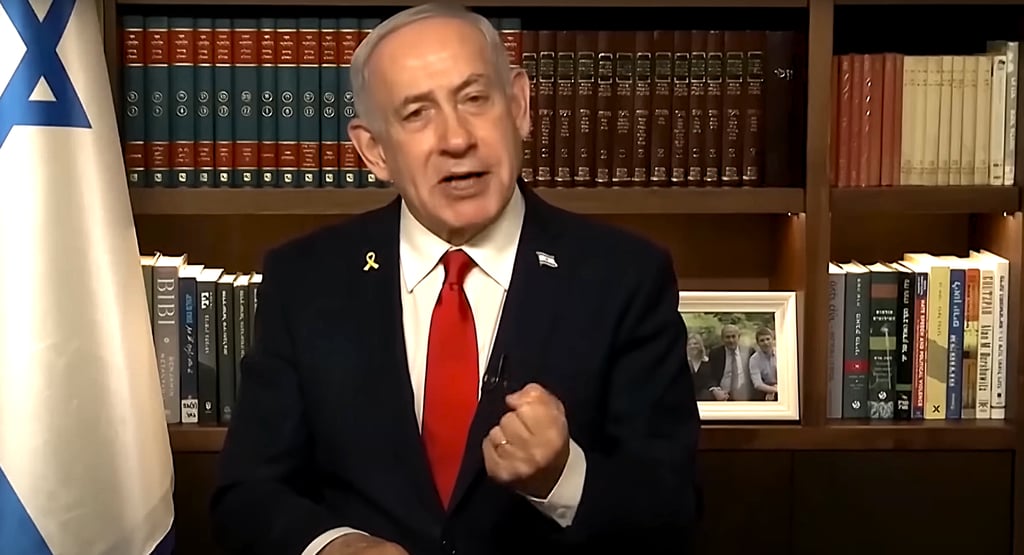Israel Approves Gaza Control Plan Amid Global Reactions
Israel approves a plan to take full control of Gaza, sparking international debate and concern over the future of the conflict.
Raja Awais Ali
8/8/20252 min read


Israel Approves Plan to Take Full Control of Gaza
On August 7, 2025, the Israeli government formally approved a strategic plan to take full control of the Gaza Strip, a move that has triggered strong international responses and heightened tensions in the region. The decision, passed by Israel’s security cabinet, is seen as one of the most significant military and political steps since the escalation of the Gaza conflict.
Israeli officials claim the move is aimed at ensuring long-term security and preventing future attacks. According to government statements, the plan involves a phased military and administrative takeover of Gaza, combined with strict border controls and a restructuring of the territory’s governance. Reports indicate that this could involve removing the current local authorities and installing an Israel-backed administration.
The decision comes after months of intense fighting and repeated ceasefire breakdowns between Israeli forces and Palestinian armed groups. In recent weeks, Israel has carried out multiple operations targeting militant infrastructure, claiming to have destroyed hundreds of weapons storage sites and tunnels used for smuggling arms.
However, the announcement has drawn sharp criticism from the international community. Several countries, including members of the European Union and Middle Eastern states, have warned that such a move could further destabilize the region and worsen the humanitarian crisis in Gaza. The United Nations has called for restraint and urged both parties to return to negotiations, stressing the urgent need for humanitarian access to the territory’s 2.3 million residents.
The United States, while reaffirming its support for Israel’s right to security, has expressed concern over the long-term implications of direct control over Gaza. Analysts note that the decision could significantly impact regional diplomacy, potentially derailing ongoing peace initiatives and deepening the divide between Israel and the Palestinian leadership.
Inside Gaza, the news has sparked fear and uncertainty. Many residents worry that the move will lead to stricter movement restrictions, further economic hardship, and increased military presence. Human rights groups have also voiced alarm, warning of potential violations of international law if civilian governance structures are dismantled without consent.
This latest development marks a turning point in the Gaza conflict, with far-reaching consequences for Middle East politics. While Israel insists the decision is a security necessity, critics argue it risks igniting a larger regional confrontation and undermining prospects for a lasting peace.
As the situation unfolds, global attention remains fixed on Gaza, where the people face an uncertain future under the looming shadow of direct Israeli control.